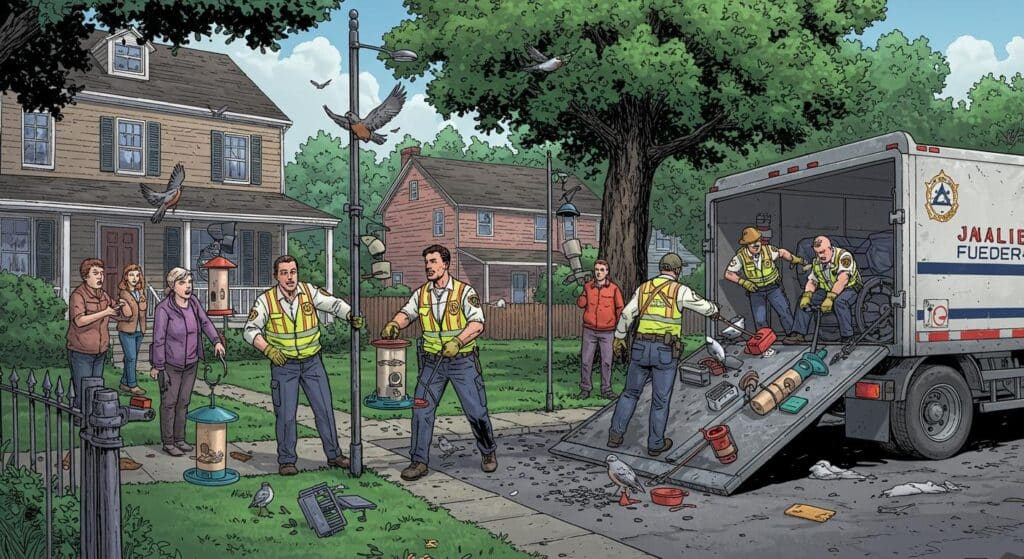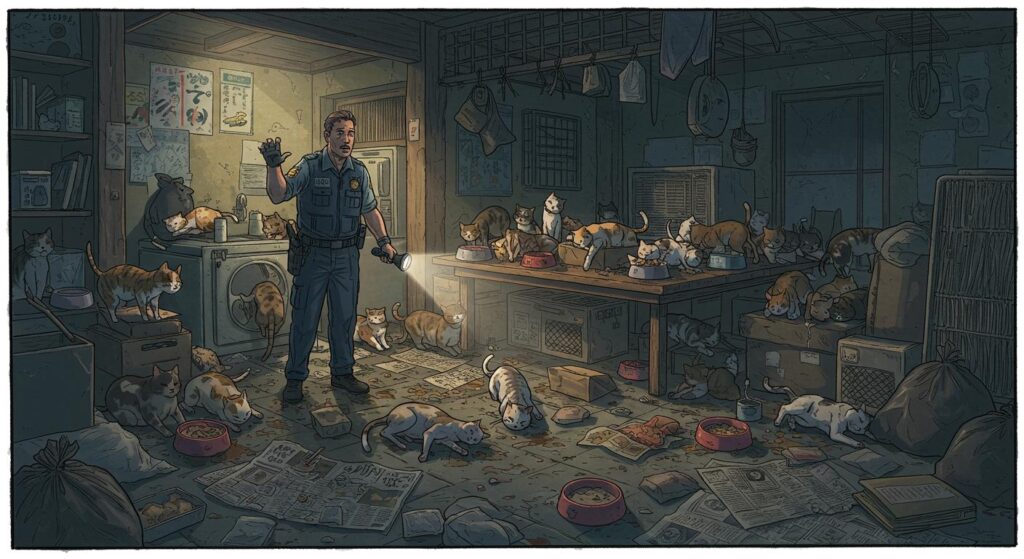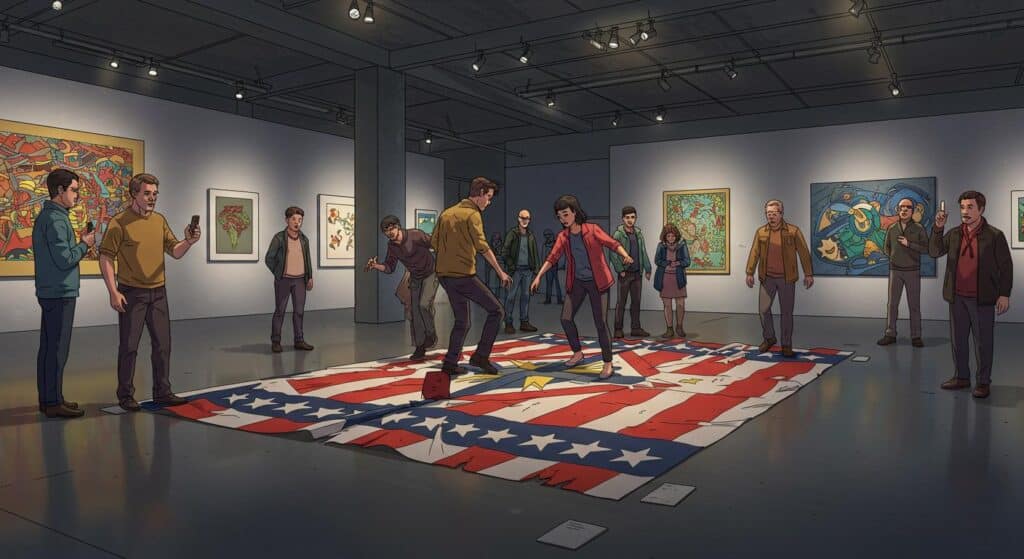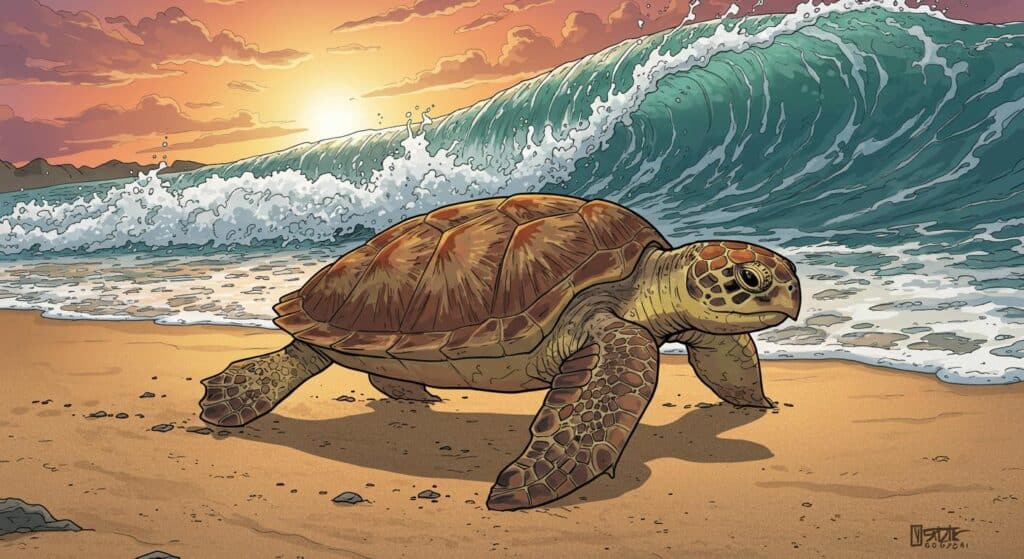Some stories just beg to be triple-checked—and not because they’re salacious, but because they sound, well, like a city council meeting gone off-script. Case in point: the emerging political furor in Mumbai over naming rights for newborn penguins at the Byculla Zoo. As India Today reports, what began as routine avian record-keeping has morphed into a full-blown debate about local identity, linguistic pride, and whether citizenship extends to the feathered (and flippered) set.
From Civic Pride to Penguin Domicile
In a city known for fierce debates over “son of the soil” claims, the leap from debating residency certificates for humans to haggling over penguin chick names is… surprisingly logical? BJP leader Nitin Bankar, who represents Byculla, led a demonstration this week to insist that the city’s new penguin chicks, hatched right at the Veermata Jijabai Bhosale Botanical Udyan and Zoo, deserve names in Marathi. The rationale: those born within state lines must surely, even if covered in soft down and prone to waddling, be considered Maharashtrian by birth.
India Today highlights Bankar’s candid explanation: When the zoo first imported its penguins, locals accepted English monikers as a given. But for native-born chicks, Bankar argues, “chicks born here, on the soil of Maharashtra, should be given Marathi names.” He claims that several requests to the Brihanmumbai Municipal Corporation (BMC) were met with silence. Evidently, bureaucracy moves more slowly than an Antarctic molting season.
The outlet also notes Bankar’s insistence that if Marathi has now secured classical language status, it ought to be represented in even the most unexpected corners of civic life—a point that somehow manages to be both grand and, in this context, a touch absurd. It raises the question: Is the language of penguin nameplates really the linchpin of cultural authenticity?
Identity Politics, Election Season, and Penguins
Expanding on the political undertones, NDTV documents how the protest is turning unmistakably symbolic as Mumbai inches closer to civic elections. According to their account, the championing of “local” chick names isn’t just a lighthearted nod to hometown pride—it’s part of a larger tapestry where identity politics are woven into even the most unlikely settings. One wonders if a future ballot will include a referendum on preferred naming conventions for all wildlife.
Bankar reiterated, as cited in NDTV’s coverage, that all efforts to sway the BMC—ranging from steadfast demands to unanswered correspondence—have been unsuccessful so far. That’s the sort of stubborn stonewalling that makes you wonder whether municipal inboxes come equipped with a “novelty animal request” filter.
Bringing another voice to the chorus, Latestly summarizes the key argument: since the penguins are “domicile of Maharashtra by birth,” it’s only logical that their names reflect that heritage. As the outlet notes, what began as a routine act of city business is now sliding (gracefully, or otherwise) into a symbolic dispute, blending administrative routine with cultural assertion.
When Naming Goes from Routine to Ridiculous
Watching these arguments play out, it’s tempting—if you’re not involved—to appreciate the peculiar earnestness. Is it likely these penguin chicks will adopt a new state language, or learn to answer to “Ajinkya” or “Bhagyashree”? Not unless fish starts coming with name tags. Yet, as the articles from both India Today and NDTV point out, naming is seldom just about convenience. It’s shorthand for presence, respect, and a certain stake in the city’s evolving story. If identity can be asserted at the level of a zoo placard, what’s next—Marathi lesson plans for macaws? A quota system for parakeet dialects?
Of course, this wouldn’t be the first time municipal politics collided with the surreal. Mumbai’s cultural patchwork practically guarantees a steady stream of symbolic battles, and sometimes the most trivial-seeming flashpoints end up drawing the biggest crowds. The zoo’s penguins, unwitting celebrities, now find themselves at the crossroads of local aspiration and civic pageantry.
A Lesson in Local (and Avian) Belonging
Did anyone anticipate a public demonstration for penguin naming rights this election cycle? Not likely. But the absurdity seems almost beside the point. After all, the birds themselves are probably more interested in the temperature of their pool than in questions of etymology or cultural pride.
Still, as layered throughout coverage from India Today, NDTV, and Latestly, the story offers a distinctly Mumbai brand of irony—where global exotica (Antarctic penguins) and intense local pride blend into something wholly unique. Does a Marathi name make a chick more of a Mumbaikar? Do we invest so much in names because, under all the layers of pride and policy, it’s fun (and maybe comforting) to argue over the little stuff?
Somewhere in Byculla, a penguin chick is being watched by television crews, city officials, and earnest protestors convinced its legacy will hinge on a carefully chosen moniker. The rest of us, meanwhile, can only marvel at the places where civic pride manages to surface—and wonder: who will argue about the peacocks next?







